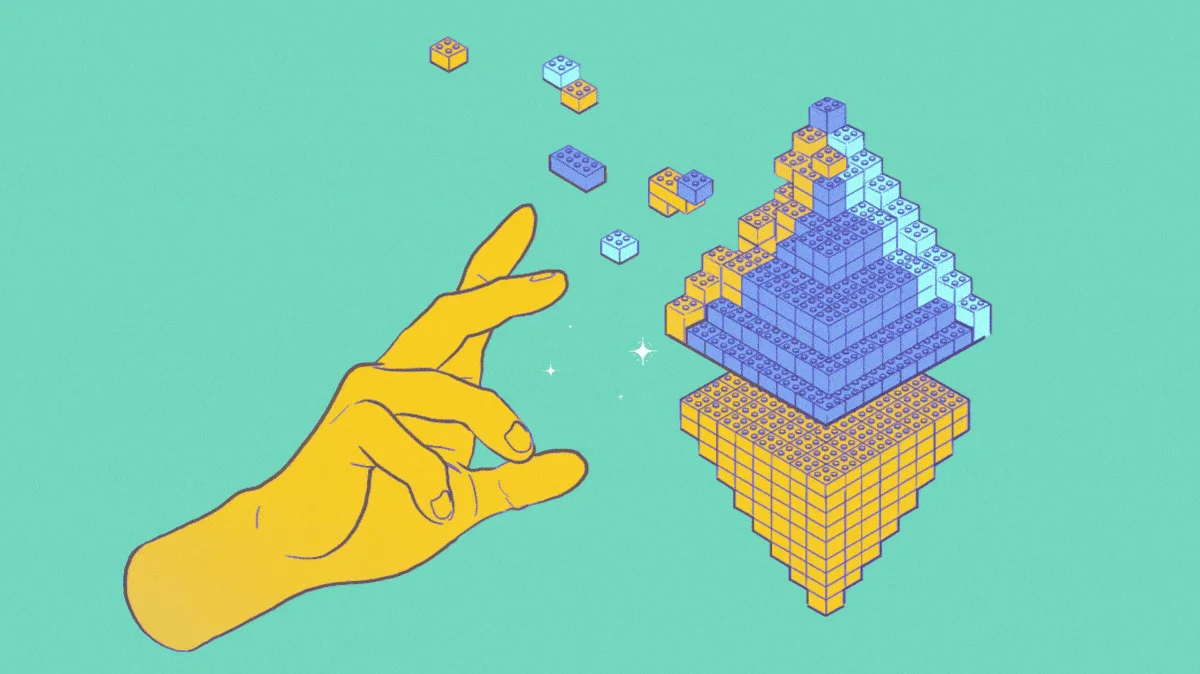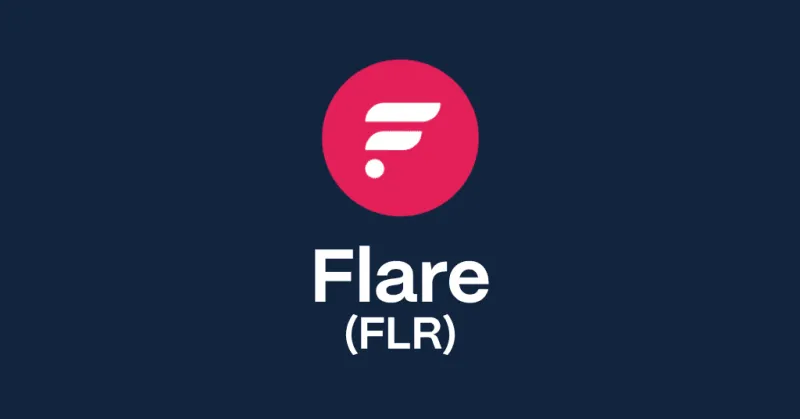One of the most exciting aspects of Web3 has always been the idea of community governance via DAOs, or decentralized autonomous organizations, which allows users of applications and protocols to dictate their future by proposing and voting on all key decisions. They promise to democratize control and foster collective decision-making in a fully transparent way.
In theory, DAOs are a brilliant idea that’s synonymous with Web3’s goal of giving power to its users, but they don’t always work so smoothly in practice. On the contrary, decentralized governance has come up against two major hurdles. One of them is voter apathy, where there’s just not enough interest in participating in governance. The other, more worrying challenge is the insidious re-emergence of centralized power, concentrated in the hands of a small clique of so-called “whales”, who control an inordinate amount of votes.
Most DAOs Are Broken
The apathy of voters is not unique to Web3. In fact, it has become a growing problem among the world’s democracies, where voter turnout in political elections has been on the decline for years. But it could be argued that the lack of participation is even more troublesome in DAOs, which can often be flooded with new proposals for voters to consider.
The sheer volume of proposals in DAOs is complicated by the fact that most are extremely technical in their nature. As such, very few people have the time to go through each proposal and consider it properly, even if they’re even able to understand what’s being suggested. Voting on every issue raised by a DAO can be a serious time commitment, and this is made worse by the accompanying debates, where many commenters will get even more technical.
Another problem, especially in larger DAOs, is that those who only hold a small amount of tokens might feel as if it’s not worth their time to vote, especially if there is already a large majority for or against a particular proposal. In such cases, users may feel it’s pointless to vote, because they don’t think they’ll be able to influence the outcome. But this disengagement can have a dramatic impact when it’s multiplied across thousands of token holders.
Some people blame this voter apathy on the way DAOs distribute voting power. Unlike political elections, which work on the basis of one person, one vote, DAOs utilize cryptocurrency tokens to distribute voting power, with the most common model being one token equals one vote. It may seem equitable in theory, but the reality is usually very different, because in most Web3 projects there tends to be a small number of individuals, such as project founders and early investors, who hold an excessive amount of tokens, and therefore control much of the vote. This can be extremely dangerous, because those whales are more likely to want to serve their own interests rather than those of the broader community.
Leading DAOs Have Missed The Mark
A closer look at some of the Web3 industry’s most prominent DAOs illustrates the depth of these challenges. One of the most famous of all is MakerDAO, the governing body of the Maker protocol, a leading DeFi application for minting DAI stablecoins.
MakerDAO is widely considered to be one of the most successful DAOs, but in truth, the vast majority of users do not participate in its decision-making processes due to the overwhelmingly complex nature of the Maker protocol. Just to understand the existing proposals currently doing the rounds requires a significant amount of economic and technical expertise, so most users don’t really have a clue what they’re being asked to vote for. It’s incredibly difficult to understand many of these proposals, and so only a very small number of highly-engaged users actually participate with any regularity.
It’s a similar story with the Layer-2 Ethereum scaling protocol Optimism, which employs a “bicameral” governance mechanism that involves both a “Token House" and a "Citizen's House”. It’s certainly an innovative voting system, but the need for continuous engagement means voter turnout is almost always very low, especially on less contentious proposals.
Another example is the Ethereum Name Service, which allows Ethereum users to generate human-readable names for their wallets instead of strings of random numbers. It operates a DAO that governs both protocol upgrades and how its treasury spends its funds, but low participation and technical complexity mean that many critical decisions have been pushed through by a relatively small clique.
A New DAO Model Based On Trusted Delegates
Despite the enormity of these challenges, there are reasons to be encouraged that true democratization may yet prevail in Web3. The Layer-3 protocol Orbs is building a new paradigm for decentralized governance that hopes to address the problems of voter apathy and concentration of power.
Specifically, Orbs is trying to develop a more dynamic and meritocratic voting system. Instead of using a standard token-weighted system, where one token equals one vote, Orbs relies on “Guardians”, which are the delegates in its delegated Proof-of-Stake consensus mechanism. ORBS token holders can stake their native tokens on these Guardians, who are elected by the community and not only support the network by validating transactions, but also participate in governance votes.
When a user stakes their ORBS tokens on a specific Guardian, they’re not only earning rewards for validating transactions, but also delegating their DAO voting power. In this way, staking funds with a Guardian can be likened to voting for your local congressman, senator or member of parliament, who will then participate in government as your representative.
Orbs’ Guardians are incentivized to uphold the best interests of the project. They hold significant amounts of ORBS tokens themselves, and for that reason, they’re committed to the networks’ health and tend to be extremely active in governance. So you can be sure that they will read each proposal carefully, understand what they’re voting for, and make the best decision each time. ORBS token holders can peruse the list of Guardians at their leisure and get an idea of what each one is about and their vision of the Orbs network, and then delegate their tokens to the one they feel best represents their own views.
It’s an intriguing governance model that simultaneously eliminates voter apathy while removing the risk of centralized power, with 17 active Guardians all vying for token delegations. Should any Guardian become inactive and stop participating in governance, token holders are free to switch to an alternative delegate.
The contrast between Orbs and other major DAOs is striking. The main problem with MakerDAO, which uses a direct token-weighted model, is the intense demands its governance processes place on individual token holders. Orbs, on the other hand, is much more accessible, because it allows users to vote through the act of delegating their tokens to a more responsible individual, who understands the intricacies of each proposal, and votes accordingly.
Optimism’s bicameral system also delegates token holder’s votes, but Orbs’ Guardians are focused specifically on validation and governance, so they’re more likely to possess the technical expertise required to understand proposals. Meanwhile, ENS is susceptible to the centralization of voting power due to its token economy being dominated by a small number of whales, who almost always dictate the outcome of votes. Orbs’s system mitigates this because its Guardians are elected, and that makes them accountable to the rest of the community, resulting in a system that’s based on merit rather than token ownership.
Building A True Democracy
Web3 governance has proven extremely problematic for many protocols, but Orbs’ delegated voting model based on elected Guardians is an example of how to do it right. It maintains a delicate balance that ensures control remains decentralized in the hands of the community, while solving voter apathy and preventing large token holders from gaining too much influence.
As a result, Orbs lays claim to an extremely resilient, scalable and democratic governance model that can serve as a blueprint for other digital ecosystems and help them achieve the ideal of collective decision making.

 Nikolas Sargeant
Nikolas Sargeant







